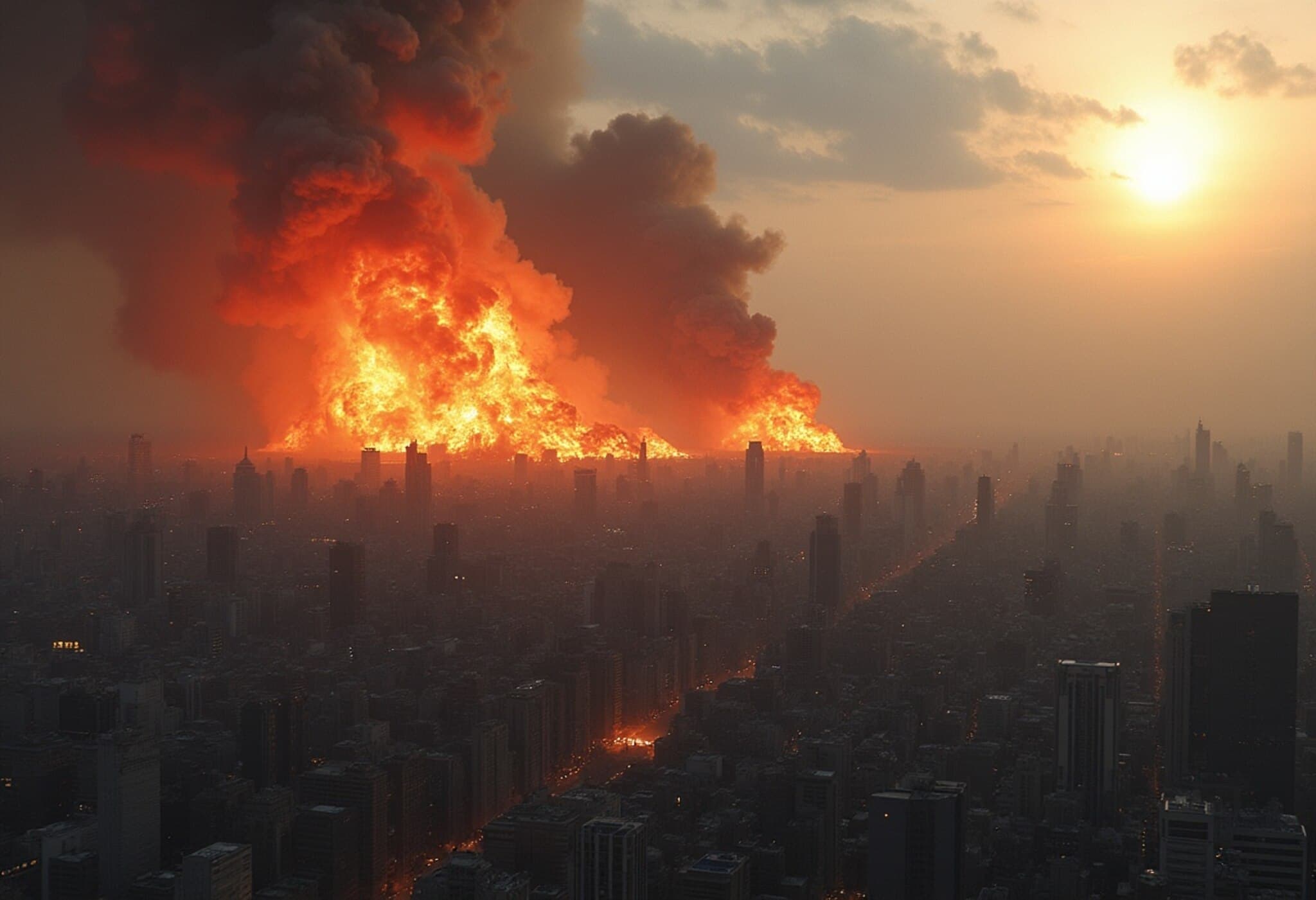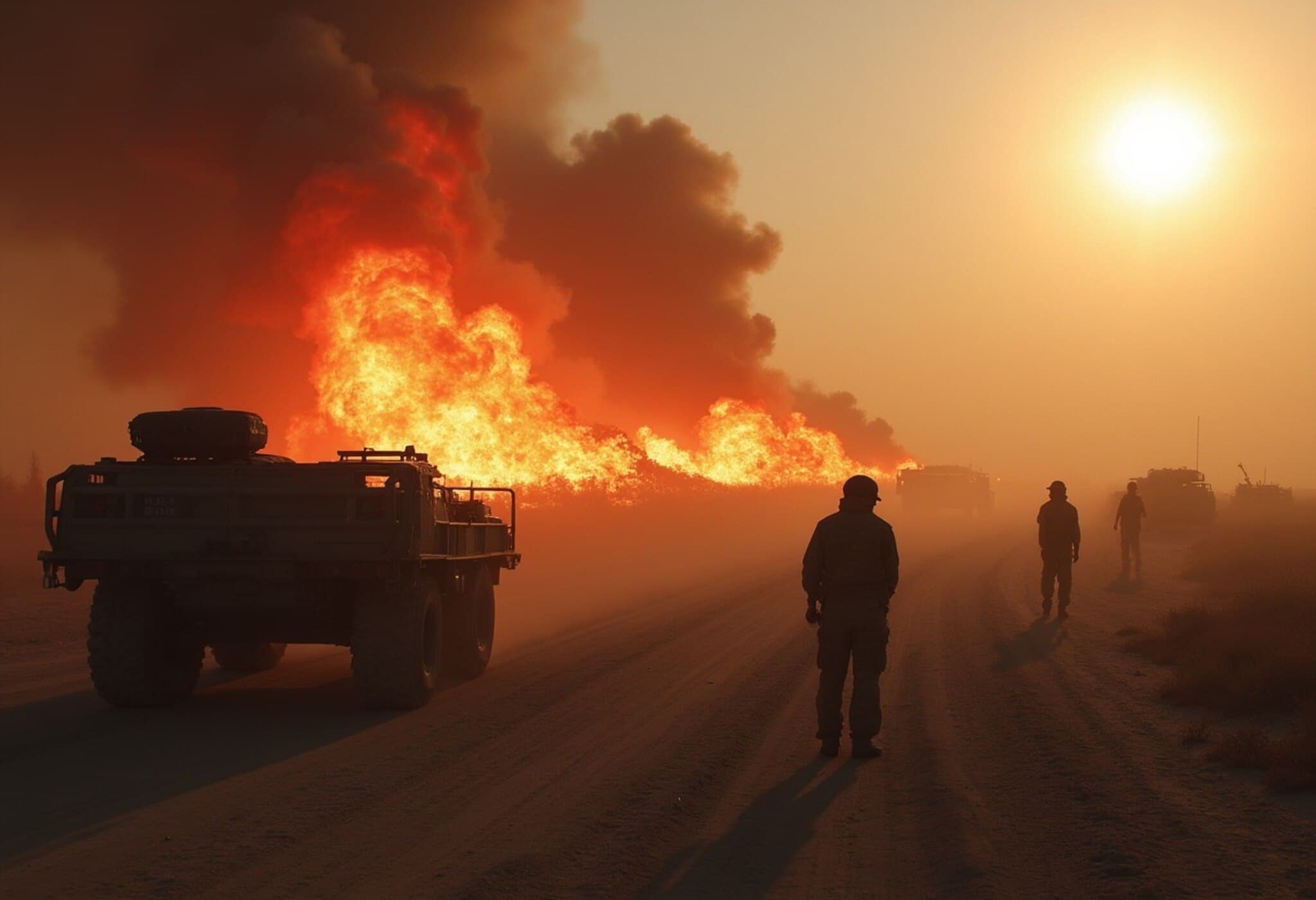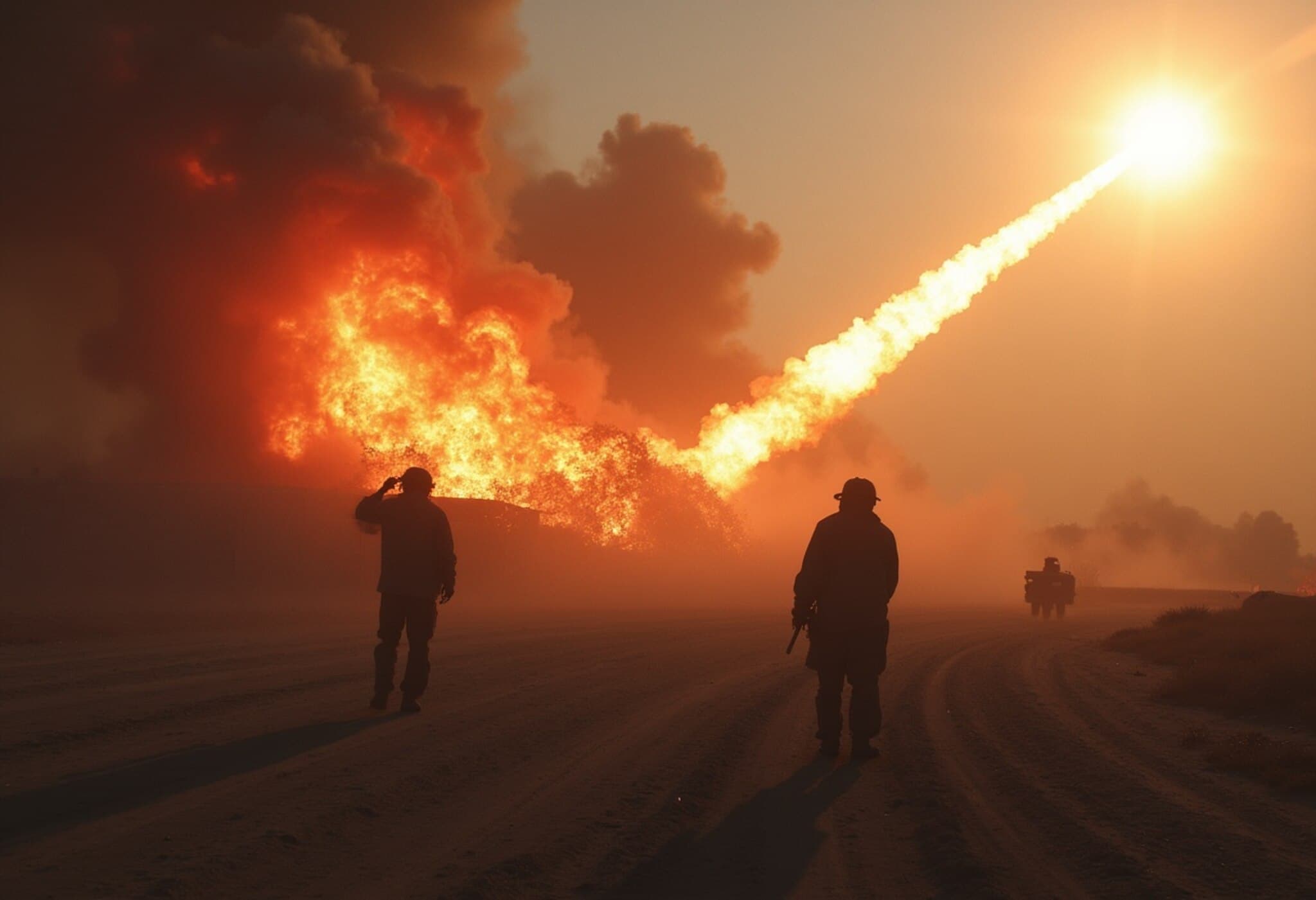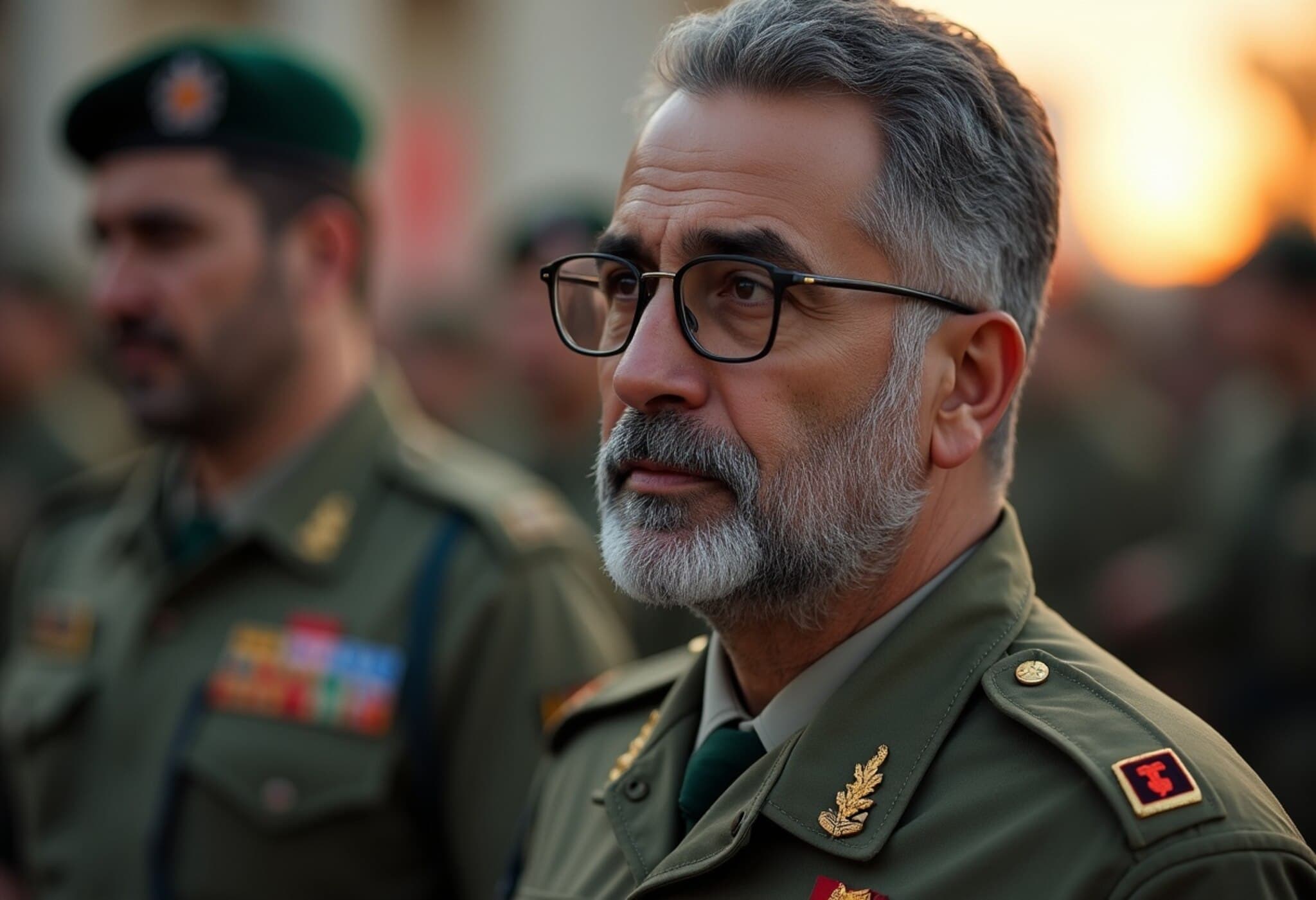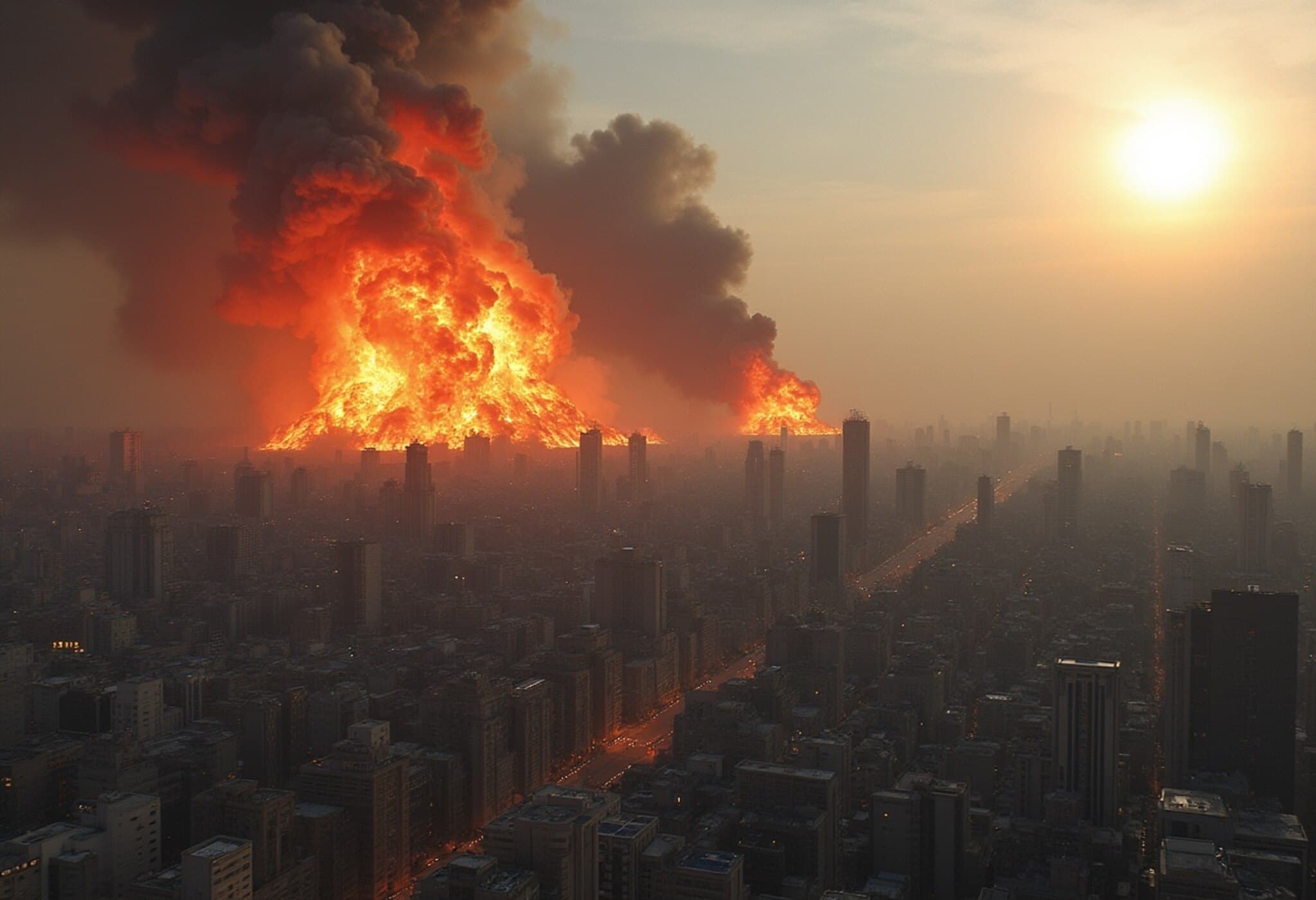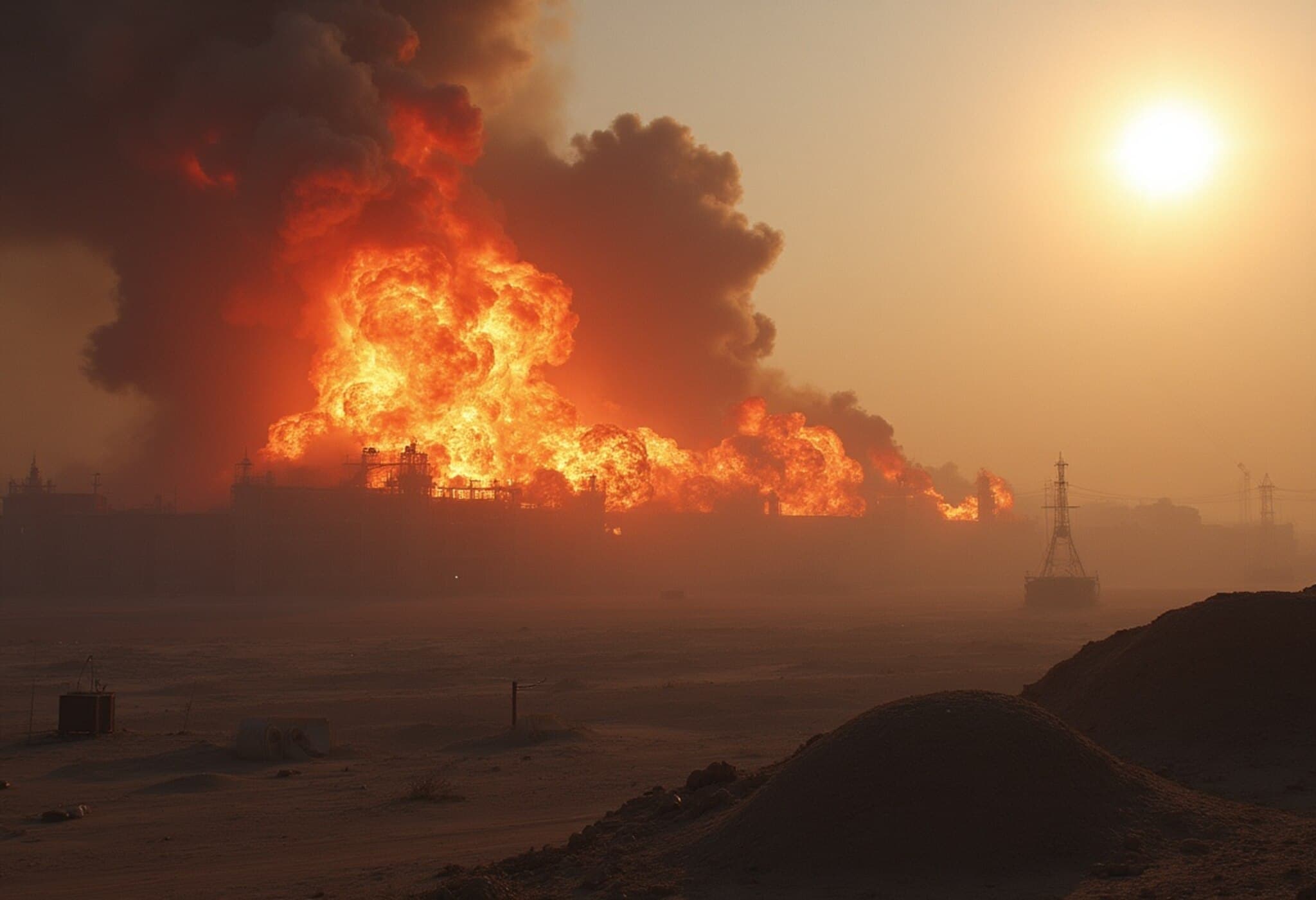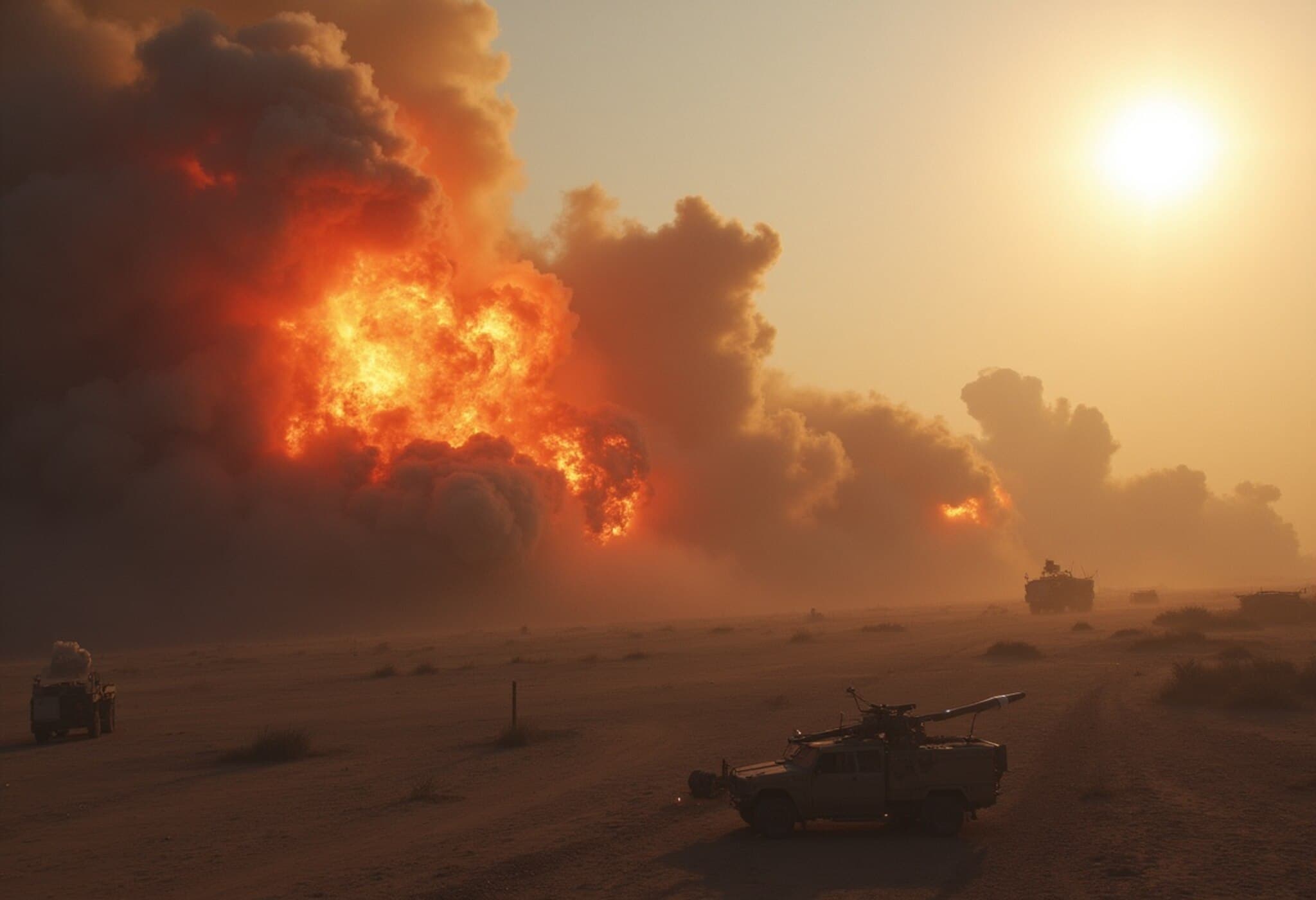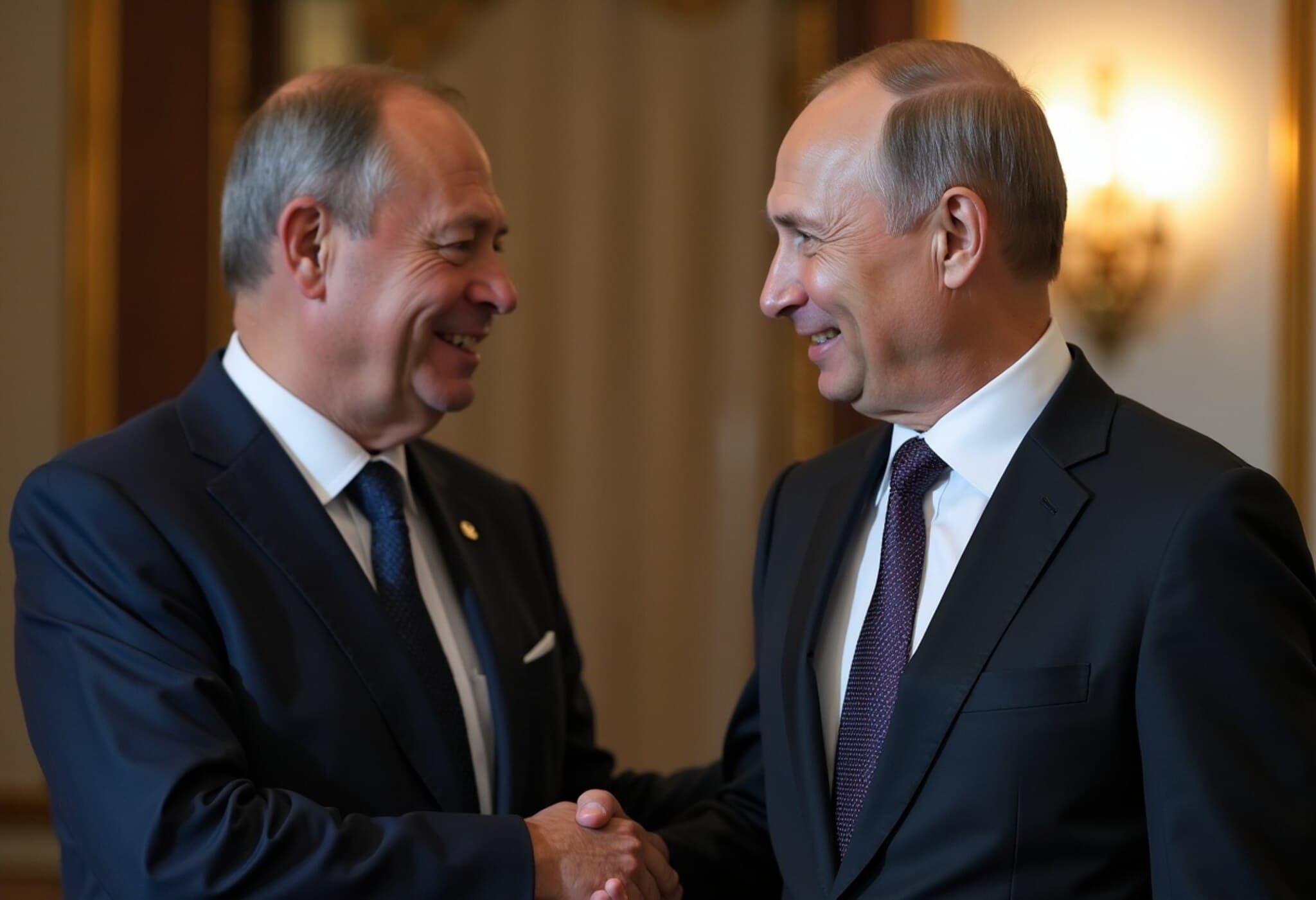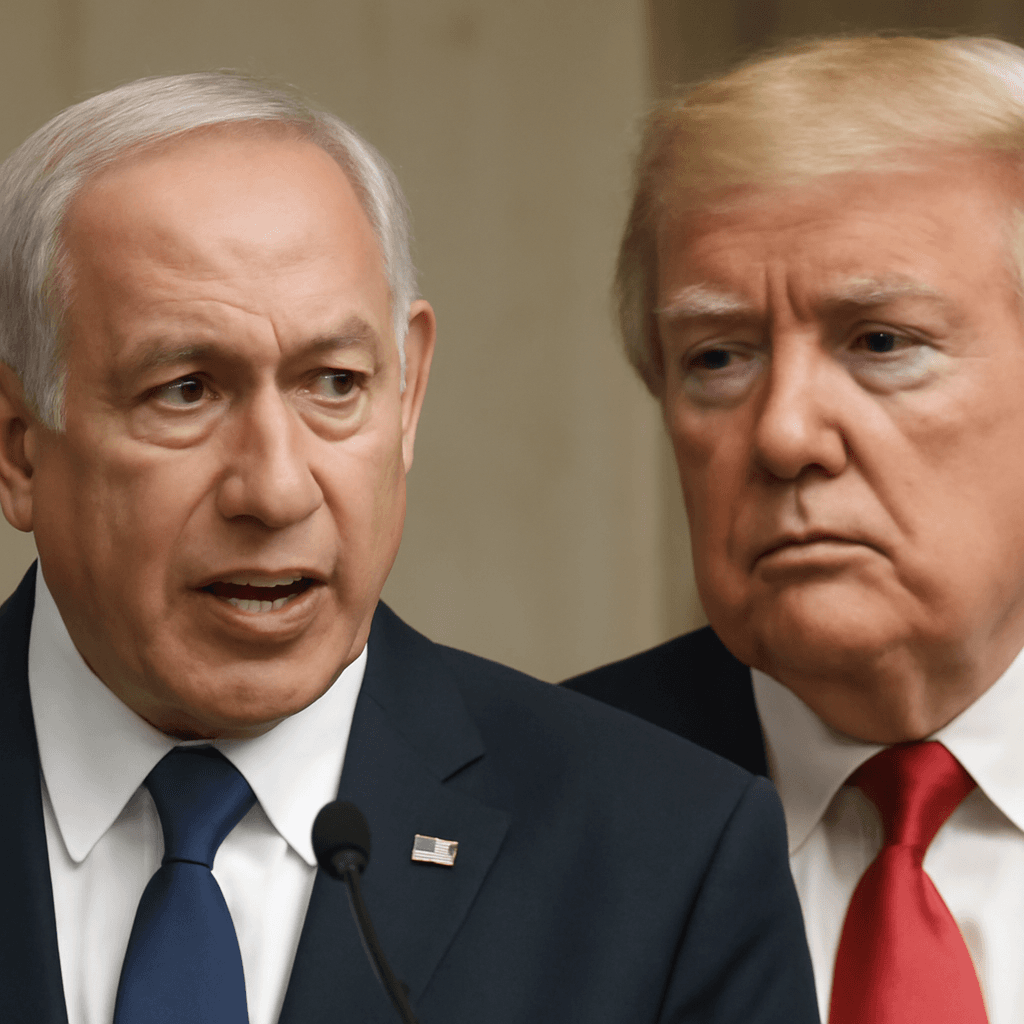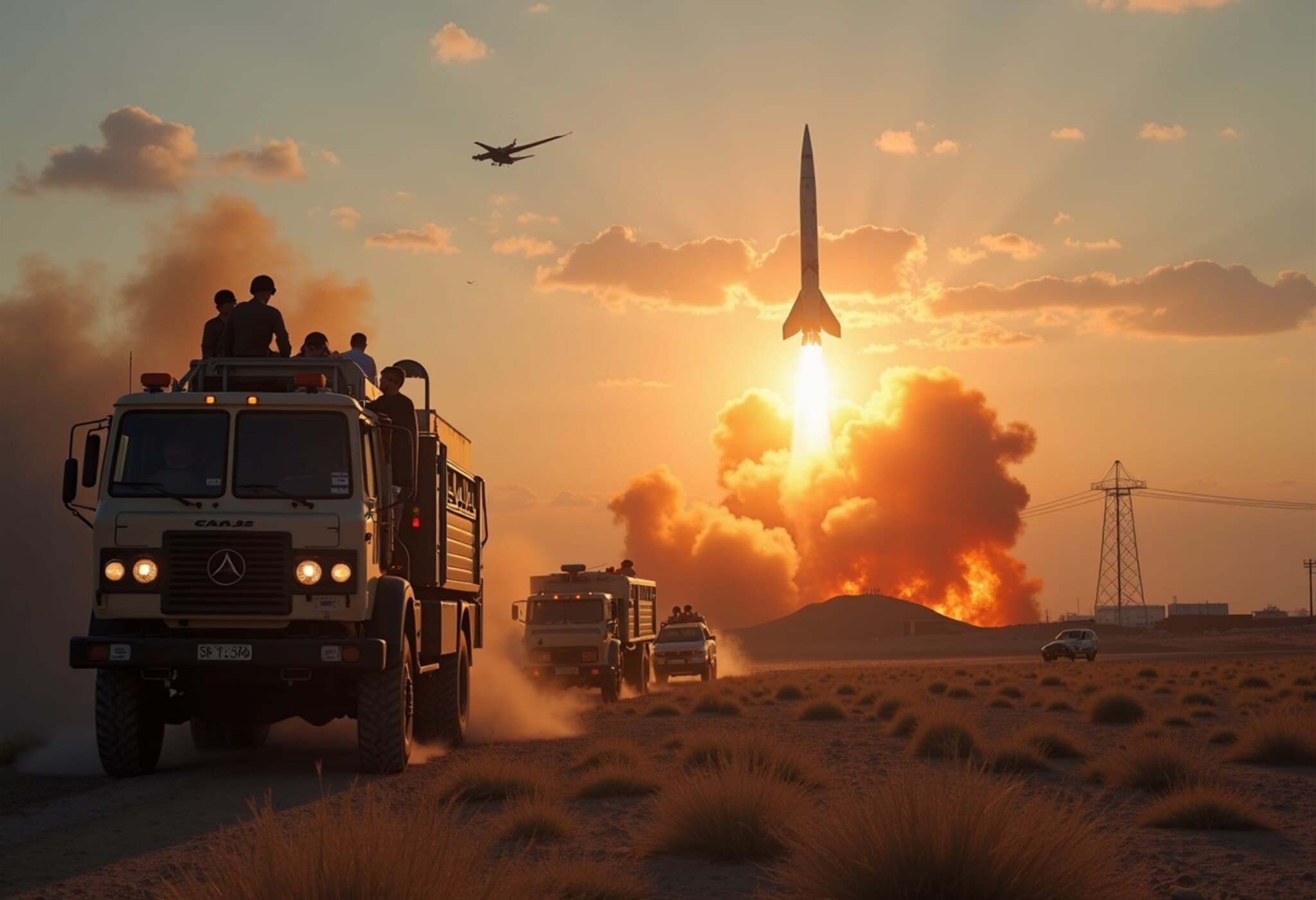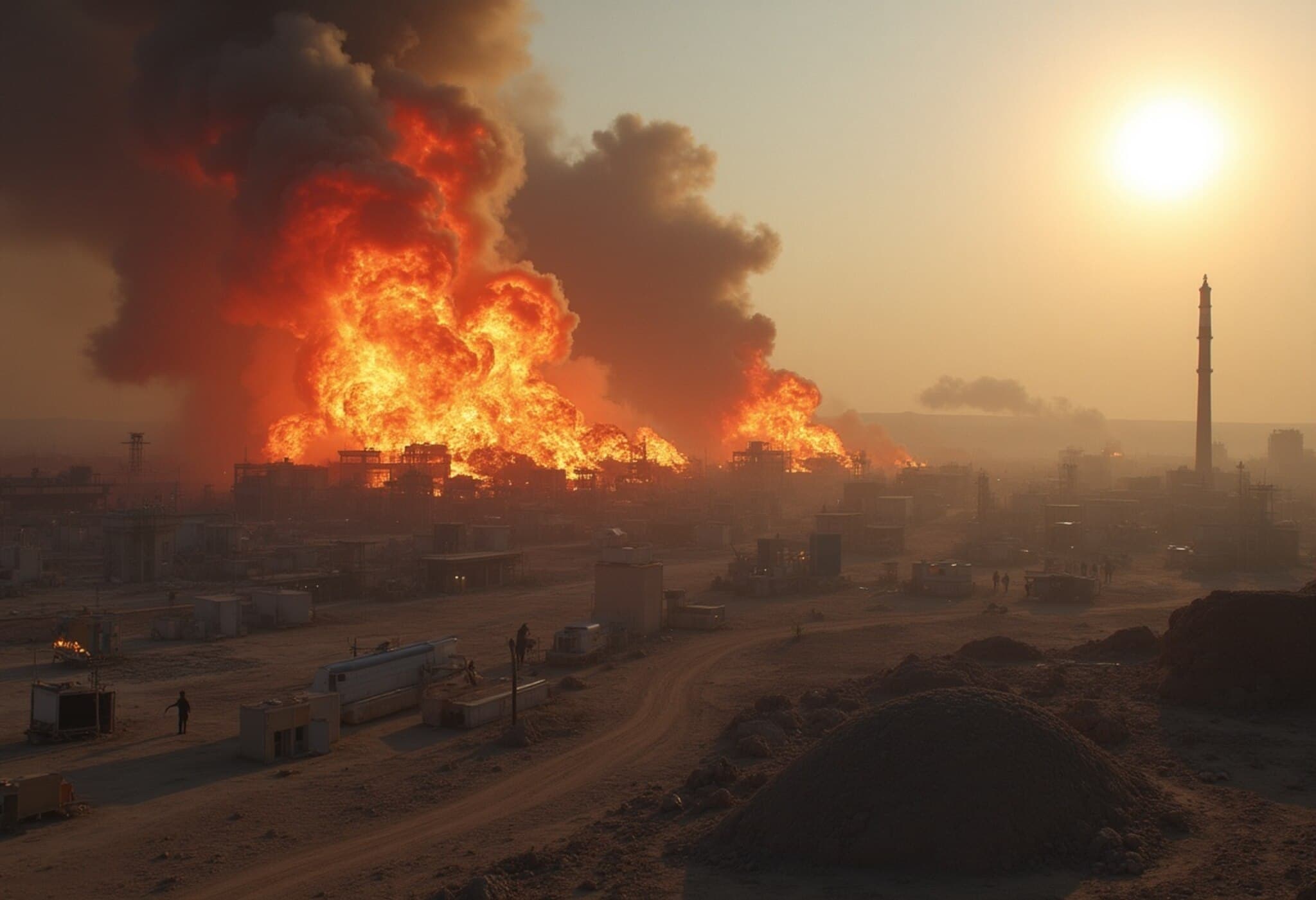Iran Acknowledges Significant Damage to Nuclear Facilities After US Attacks
Just days after a series of impactful US airstrikes, Iran officially confirmed that its nuclear facilities have suffered extensive damage. Speaking on Wednesday, Iran's Foreign Ministry spokesman, Esmail Baghaei, noted that the strikes conducted over the weekend by American B-2 bombers deploying bunker-buster bombs delivered substantial blows to Tehran’s nuclear infrastructure.
While Baghaei refrained from disclosing specific details, he emphasized, "Our nuclear installations have been badly damaged, that's for sure."
Ceasefire Brings Tentative Calm Amid Ongoing Tensions
The announcement comes as a fragile ceasefire between Israel and Iran appears to be holding, following nearly two weeks of conflict marked by missile exchanges and drone attacks. The truce, which began on Tuesday, has prompted cautious optimism about the potential for a longer-term peace agreement, despite Iran’s firm stance on continuing its nuclear program.
US President Donald Trump, who played a role in brokering the ceasefire, expressed confidence during a NATO summit in the Netherlands, stating that the agreement was progressing well. "They're not going to have a bomb and they're not going to enrich," Trump declared regarding Iran’s nuclear ambitions.
Iran Pushes Back: Fast-Tracking Measures Against International Oversight
Despite the ceasefire, Iran remains resolute about advancing its nuclear agenda. In a decisive parliamentary vote, Iranian lawmakers moved to expedite legislation that would suspend the country’s cooperation with the International Atomic Energy Agency (IAEA), the UN agency responsible for monitoring Iran’s nuclear activities for years.
Prior to the vote, Iranian Parliament Speaker Mohammad Bagher Qalibaf criticized the IAEA for failing to condemn the recent US strikes. He announced that the Atomic Energy Organization of Iran would halt cooperation with the agency until adequate security measures for nuclear sites are restored, pledging to accelerate Iran’s peaceful nuclear efforts.
IAEA Urges Resumption of Inspections
In response, IAEA Director General Rafael Mariano Grossi voiced the agency’s desire for renewed engagement. He noted that Iran claimed to have relocated its highly enriched uranium ahead of the US attacks, highlighting the need for inspections to reassess stockpiles. "We need to return," Grossi said, emphasizing the importance of cooperation.
Debating the Impact: How Severe Were the US Strikes?
The US targeting struck three key Iranian nuclear sites, with President Trump asserting the attacks had "completely and fully obliterated" Iran’s nuclear program. Echoing this, Israeli military officials reported the damage was significant, setting the program back by years.
Trump’s Middle East envoy, Steve Witkoff, highlighted that US and Israeli objectives — including dismantling Iran’s enrichment capabilities and halting hostilities — have been met. "No one's shooting at each other. It's over," he commented.
Nonetheless, intelligence assessments paint a more moderate picture. A US report suggested that Iran’s nuclear program may have been delayed by only a few months, prompting Trump to argue a longer rebuilding period was more realistic. Grossi avoided speculating on the extent of the damage but underscored that Iran’s nuclear expertise and industrial capacity remain intact.
Outlook
The situation remains delicate: while Iran’s nuclear sites have undoubtedly suffered major damage, the country’s resolve to continue its nuclear program endures. The ongoing diplomatic dance between strict enforcement and cautious cooperation poses complex challenges ahead for regional and global security.

